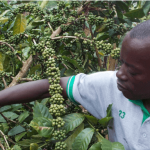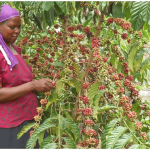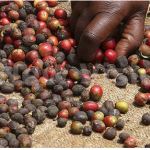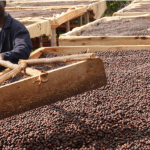Last month, members of Africa Journalists Network for Agriculture (AJNA) visited Kawanda Agricultural Research Centre where they listened to a presentation by Dr Andrew Kiggundu about the importance of biotechnology to the ordinary Ugandan farmer.
Dr Kiggundu revealed that after years of research, the scientists have developed disease-resistant crop varieties that would boost agricultural production.
But the farmers cannot get them because there is still scepticism about their efficiency and safety. Therefore, there is reluctance to pass the law required to enable farmers access to these varieties.
The government funds the research station. Why then should it be reluctant to accept the results of an effort it has invested in?
This dragging of feet is at a time when Calestous Juma, a Kenyan-born Harvard university professor, has authored an essay titled Global Risks of Rejecting Agricultural Biotechnology.
He writes: “Advancements in science have allowed scientists to insert characteristics of other plants into food crops. Since the introduction of large-scale GM [genetically modified] crop cultivation in 1996, more than 79 per cent of soybean, 70 per cent of cotton, 32 per cent of corn, and 24 per cent of canola grown worldwide today comes from GM seed.
The rapid adoption of GM crops demonstrates that they offer great economic benefits for farmers. In general, farmers experience lower production costs and higher yields because weed control is cheaper and fewer losses are sustained from pests. GM crops are safer to handle than traditional chemical pesticides and herbicides, increasing worker safety and limiting the amount of time workers spend in the field.”
We should also consider a report in the December 2014 Crop Biotech Update, which revealed that Kenya Medical Association supported agricultural biotechnology and called for the lifting of the country’s ban on importation of GM foods.
This was during a stakeholders meeting in Nairobi, organised by Kenya University of Biotech Consortium (KUBICO). Dr Simon Mwangi, a general physician, said, “From a medical perspective, GM foods have been ascertained as safe for human consumption.”
Become a Member Jobs & careers Contact Us
Translate here
© 2007 - 2024 Copyright National Union of Coffee Agribusinesses and Farm Enterprises (NUCAFE). Designed by Lwegatech.








